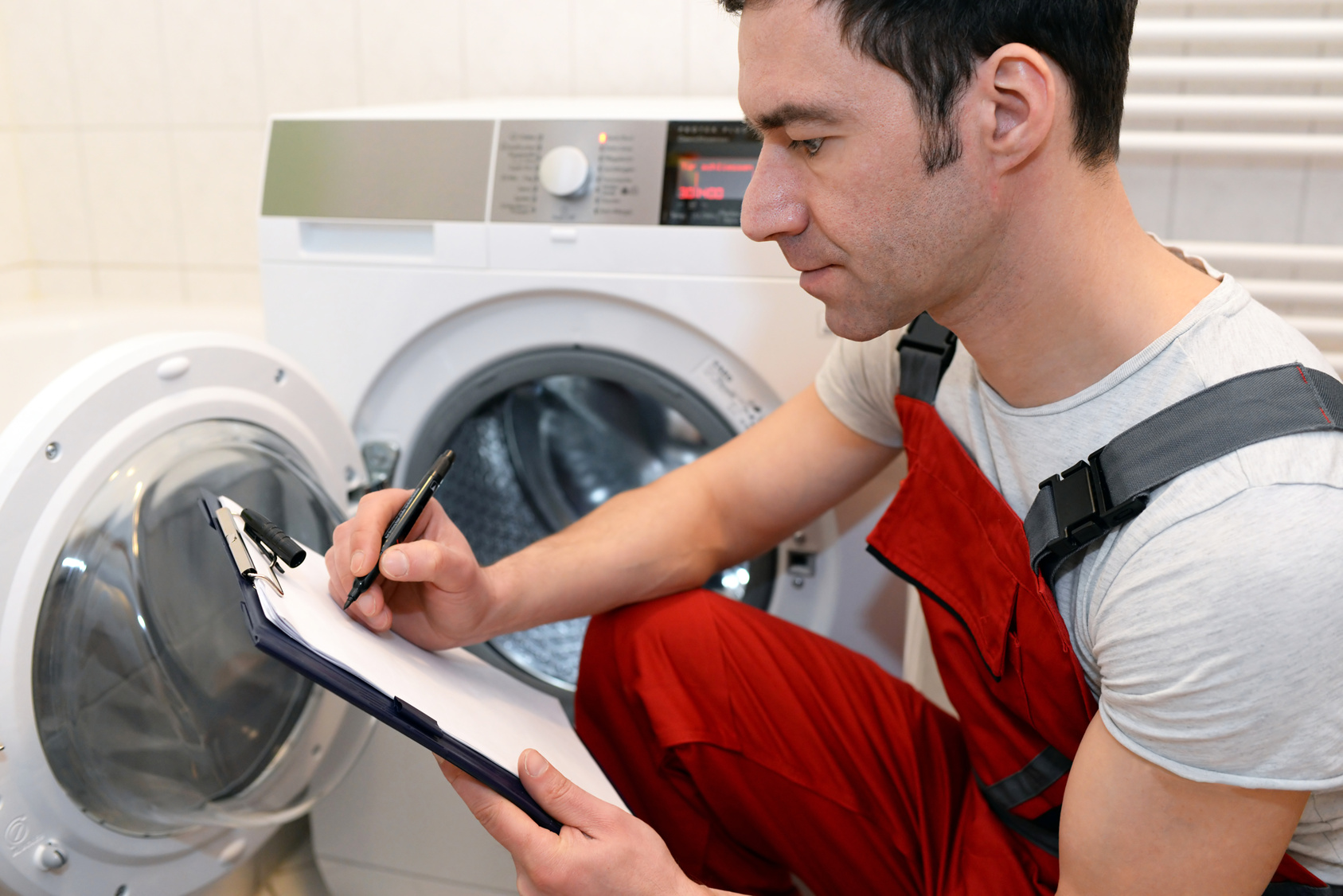“The results of the study are encouraging. With more and more appliances, it makes sense to use them for as long as possible. This saves money and is good for the climate,” says UBA President Dirk Messner. “Repairs are also worthwhile in the vast majority of cases.”
The UBA cites the following reasons for this assessment:
- The technical possibilities for producing ever more efficient appliances are limited.
- Due to longer service lives, resources are saved as fewer appliances need to be produced.
- As the German electricity mix is becoming increasingly climate-friendly, the electricity consumption of household appliances accounts for an ever smaller proportion of greenhouse gas emissions, and manufacturing is of greater significance than in the past.
The UBA study therefore comes to the following conclusion: With average use in private households, it is generally neither financially nor ecologically beneficial to replace older household appliances with new, more energy-efficient ones. Replacement may only make sense if appliances are used very frequently and are very inefficient.
Differences in individual product categories
According to the calculations of the UBA study, it is beneficial both financially and for the climate to use dishwashers and tumble dryers for as long as possible. Only intensively used and extremely inefficient appliances (in relation to the old energy efficiency classes: dishwashers from class A, exhaust air dryers from class D and condensation dryers from class C) should be replaced with an appliance in the highest efficiency class (A).
For fridges and freezers, it is advisable to determine the electricity consumption with a measuring device. In the case of a fridge-freezer combination, for example, it makes sense to replace the old appliance with a new A-rated appliance if it consumes at least 340 kWh per year. From a consumption level of 560 kWh and above, it also pays off financially. However, this only applies to very few, particularly old appliances that are still in use.
There are no energy efficiency classes for vacuum cleaners, which makes it difficult for consumers to compare them. According to the calculations of the UBA study, replacing an inefficient vacuum cleaner can be financially worthwhile if it is used for at least 1.5 hours per week with at least 1,800 watts. From an ecological perspective, replacing a vacuum cleaner is already worthwhile if it is used for at least one hour at 1,200 watts. The prerequisite is that a high-quality appliance with a maximum power consumption of 600 watts and equivalent suction power is purchased instead – whether it is a cordless or corded vacuum cleaner is irrelevant.
Further information
The recommendations are based on a simplified life cycle assessment and a life cycle calculation. In each case, the continued operation of an existing appliance, possibly with a repair, was compared with the production and operation of a new appliance, with only particularly energy-efficient appliances (class A or maximum power consumption of 600 watts for vacuum cleaners) being used. The observation period is 10 years. The decision for or against a replacement depends on many factors, such as the specific energy consumption of the existing appliance and the new appliance, the intensity of use and the changes in electricity costs.


